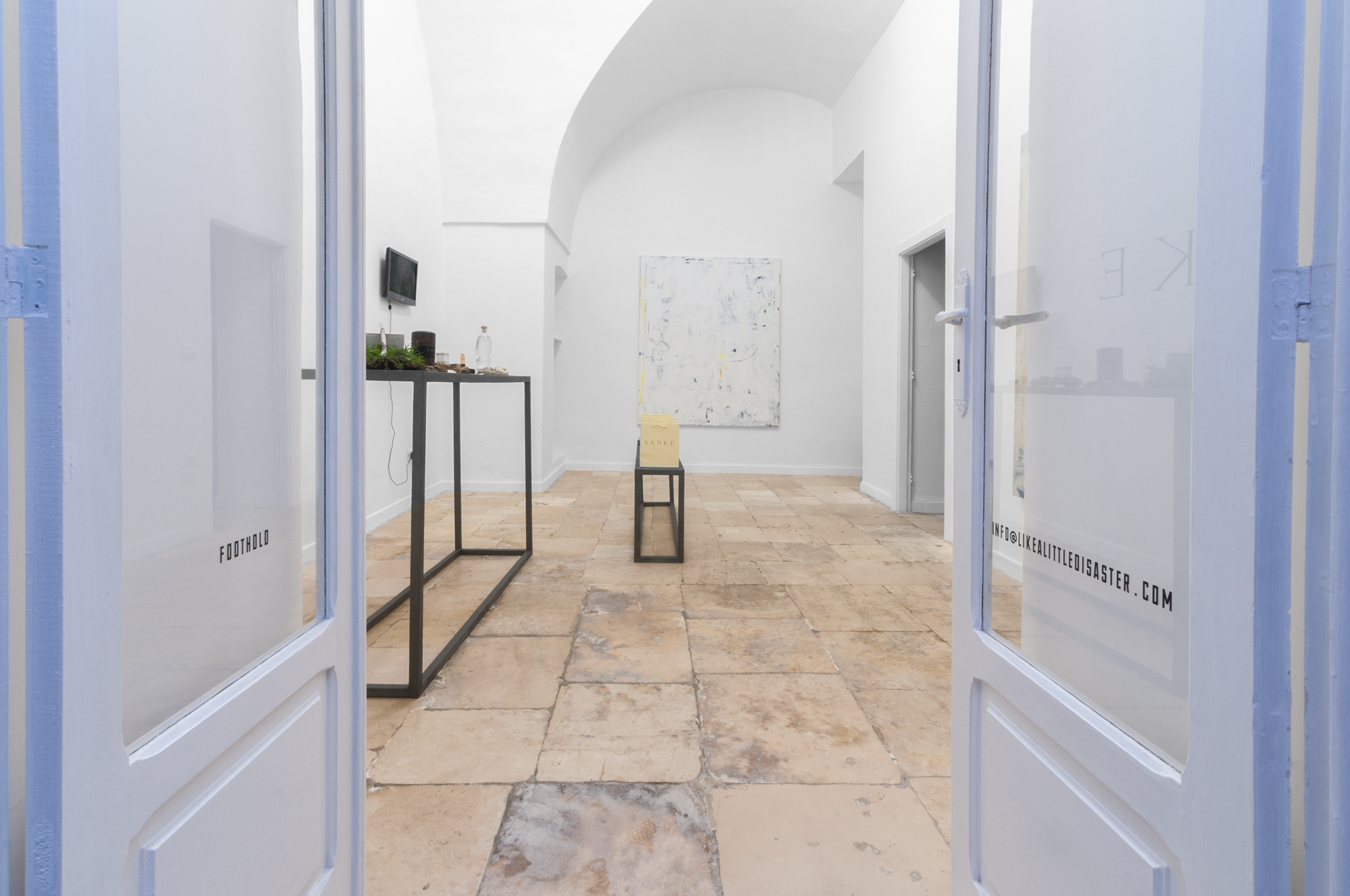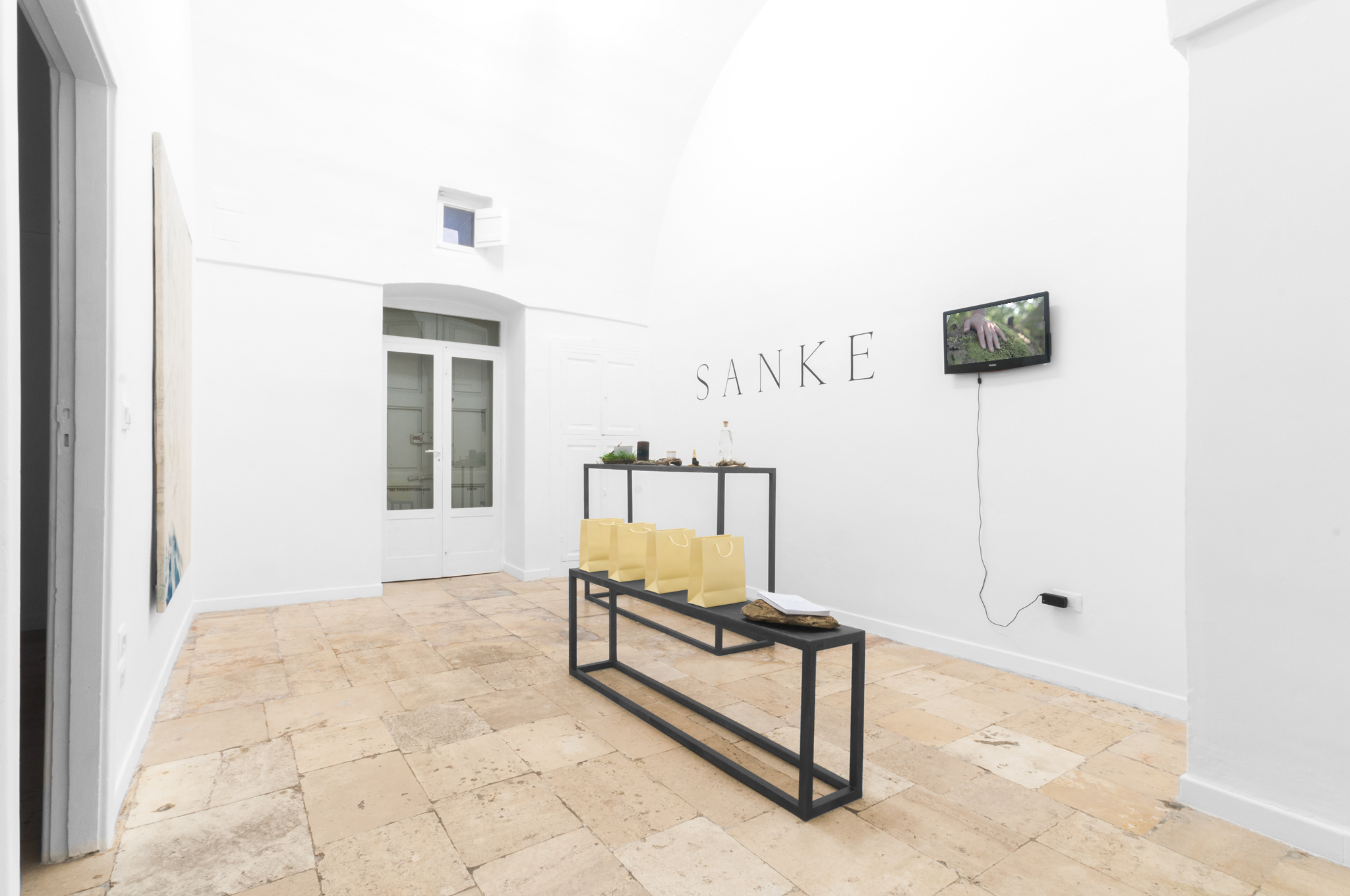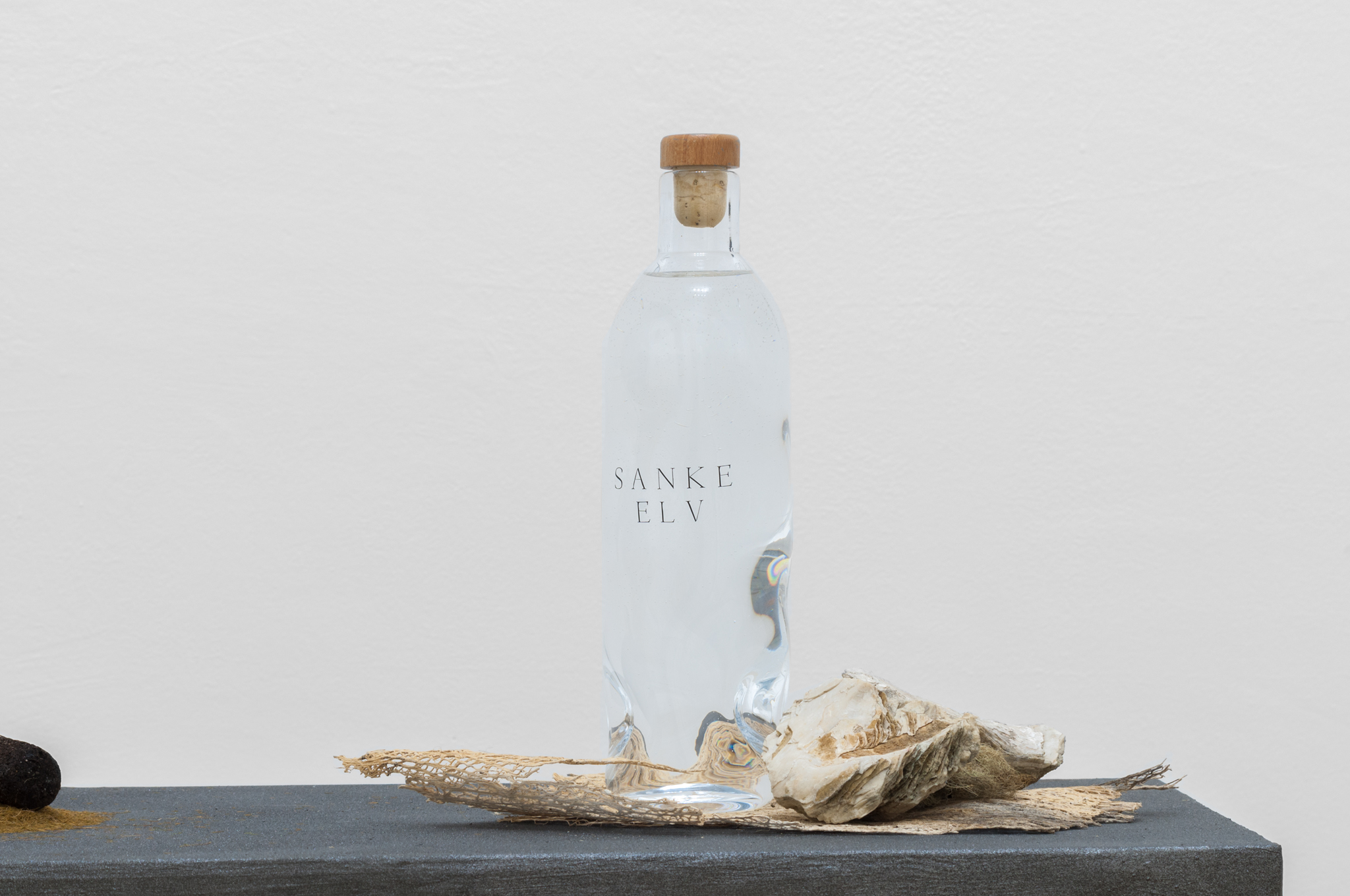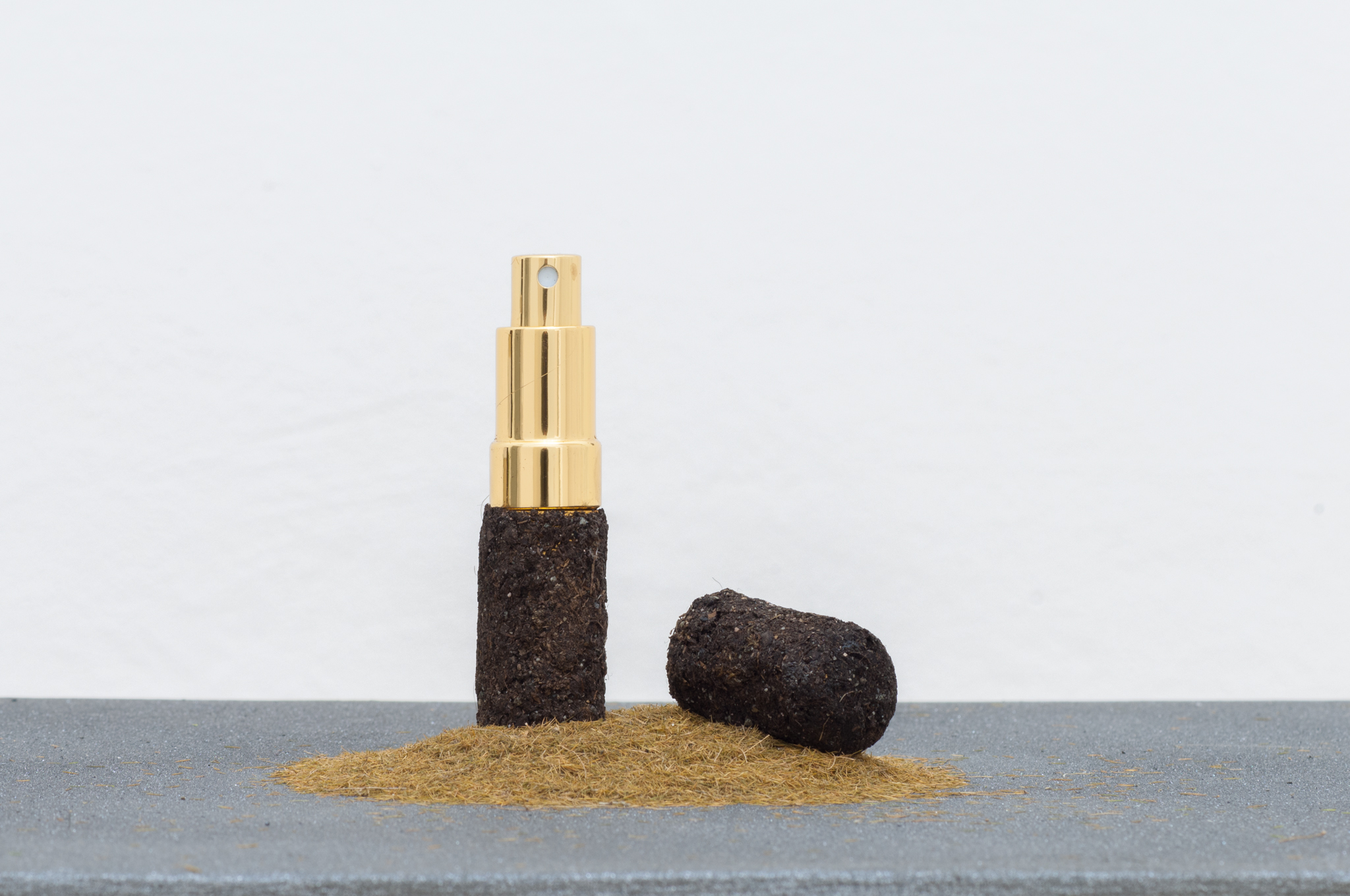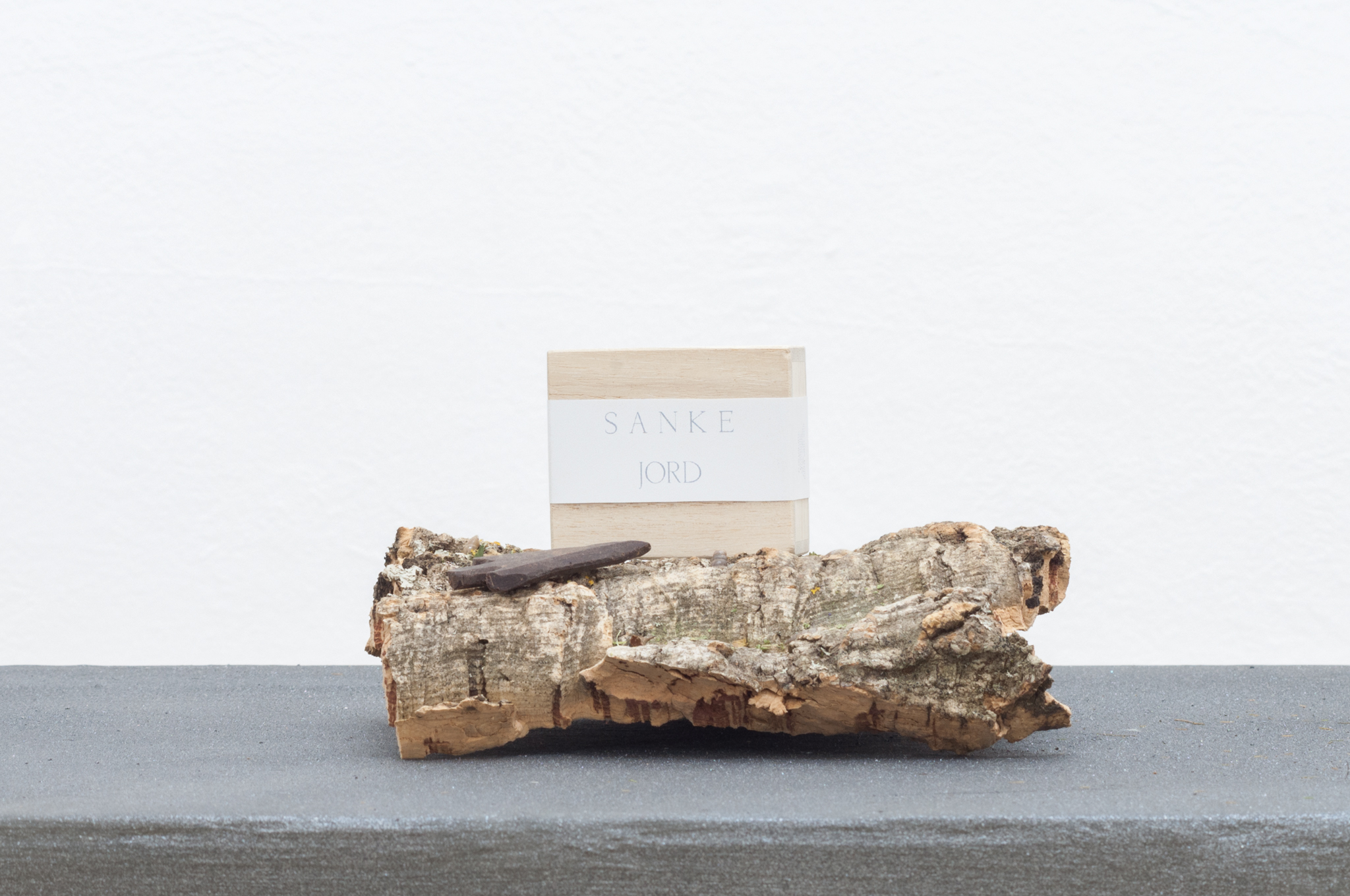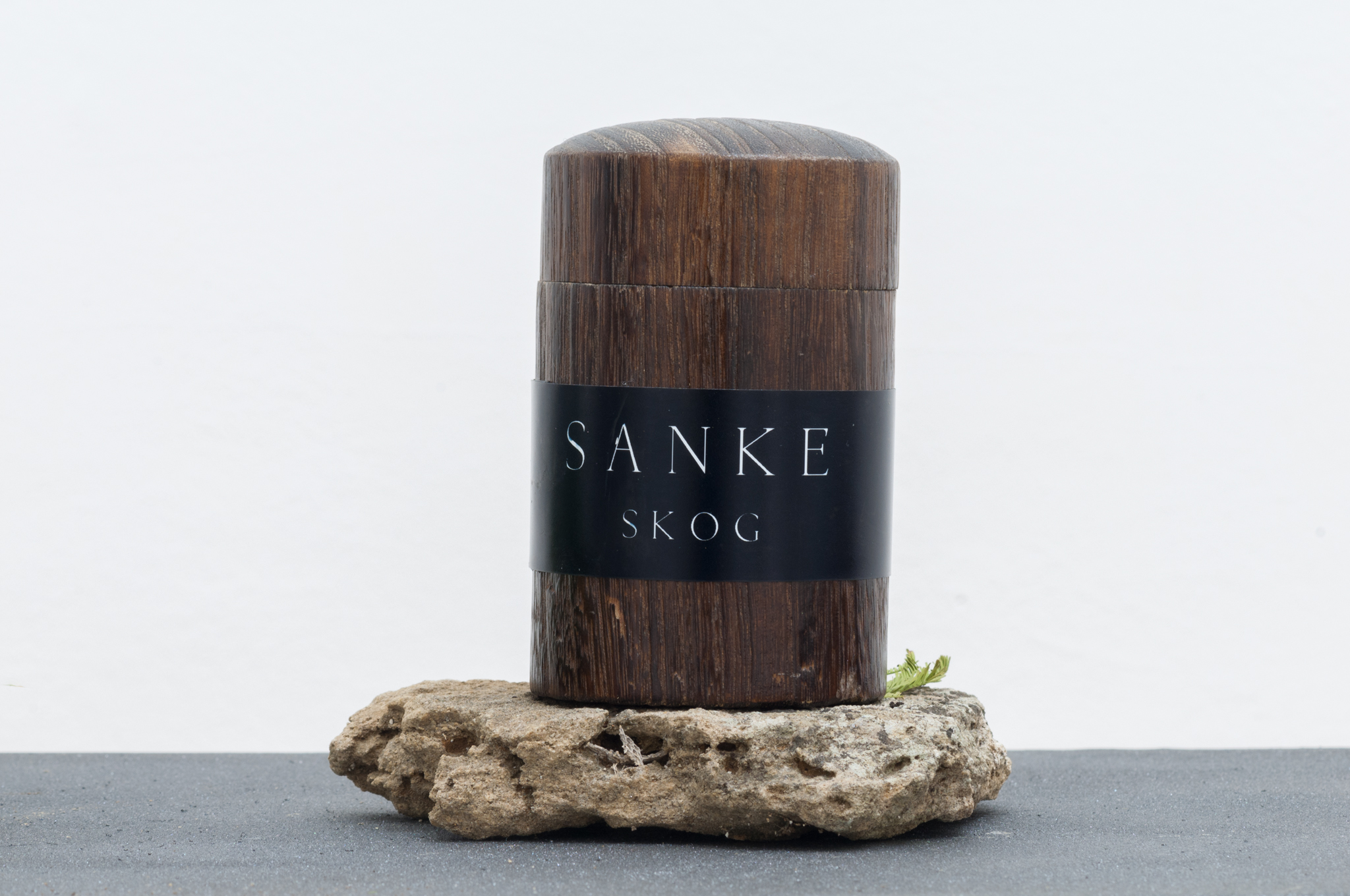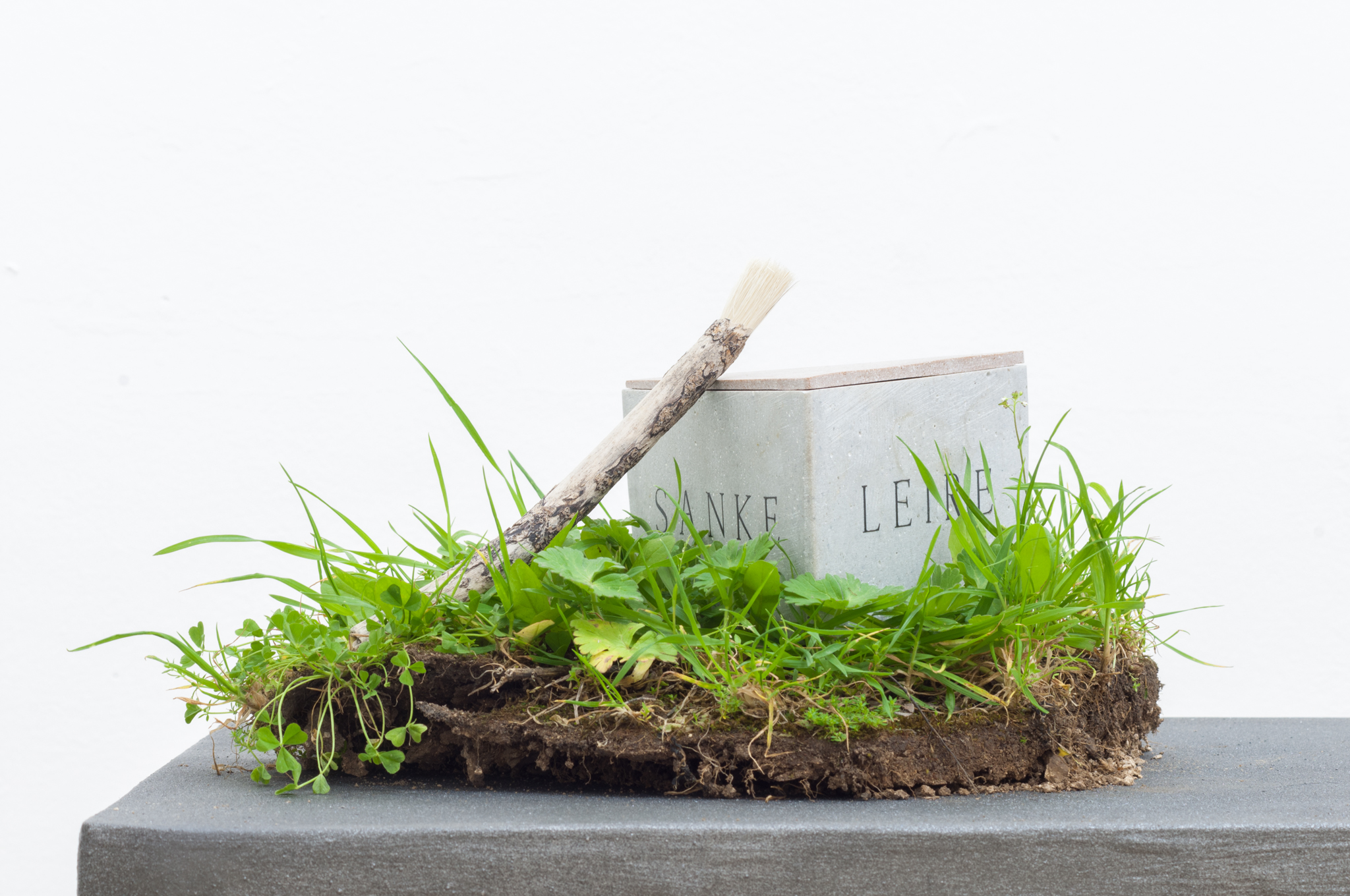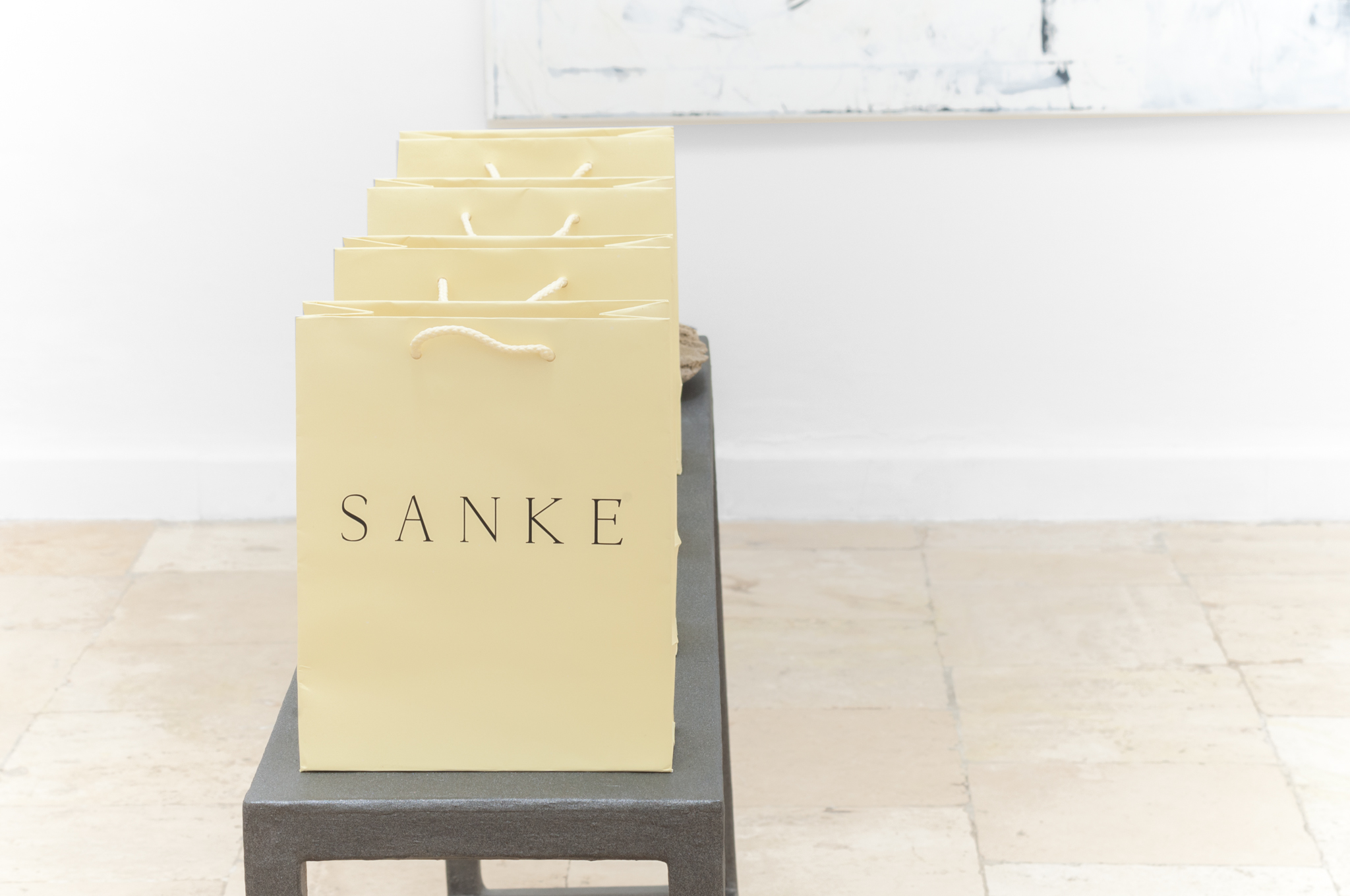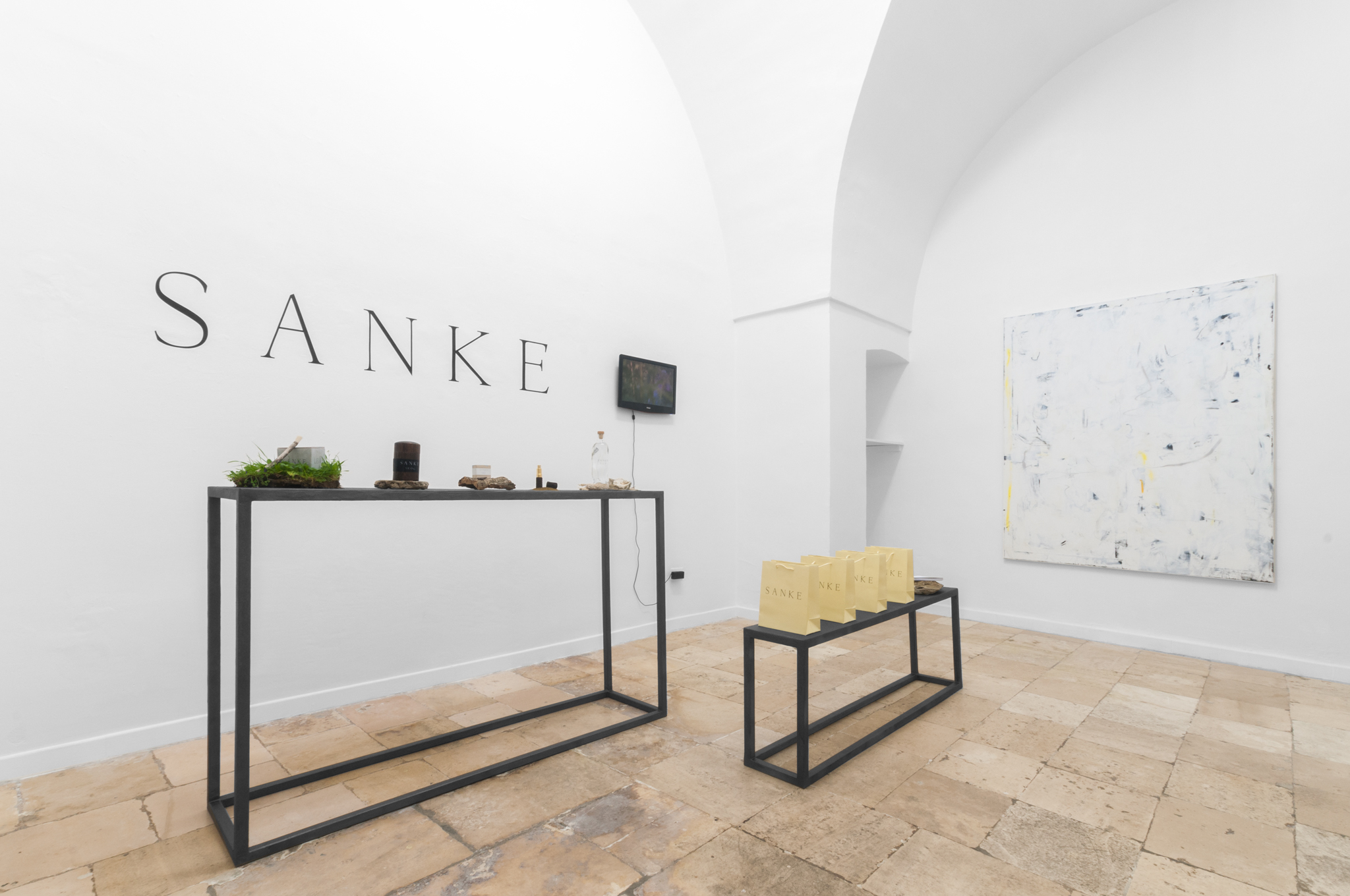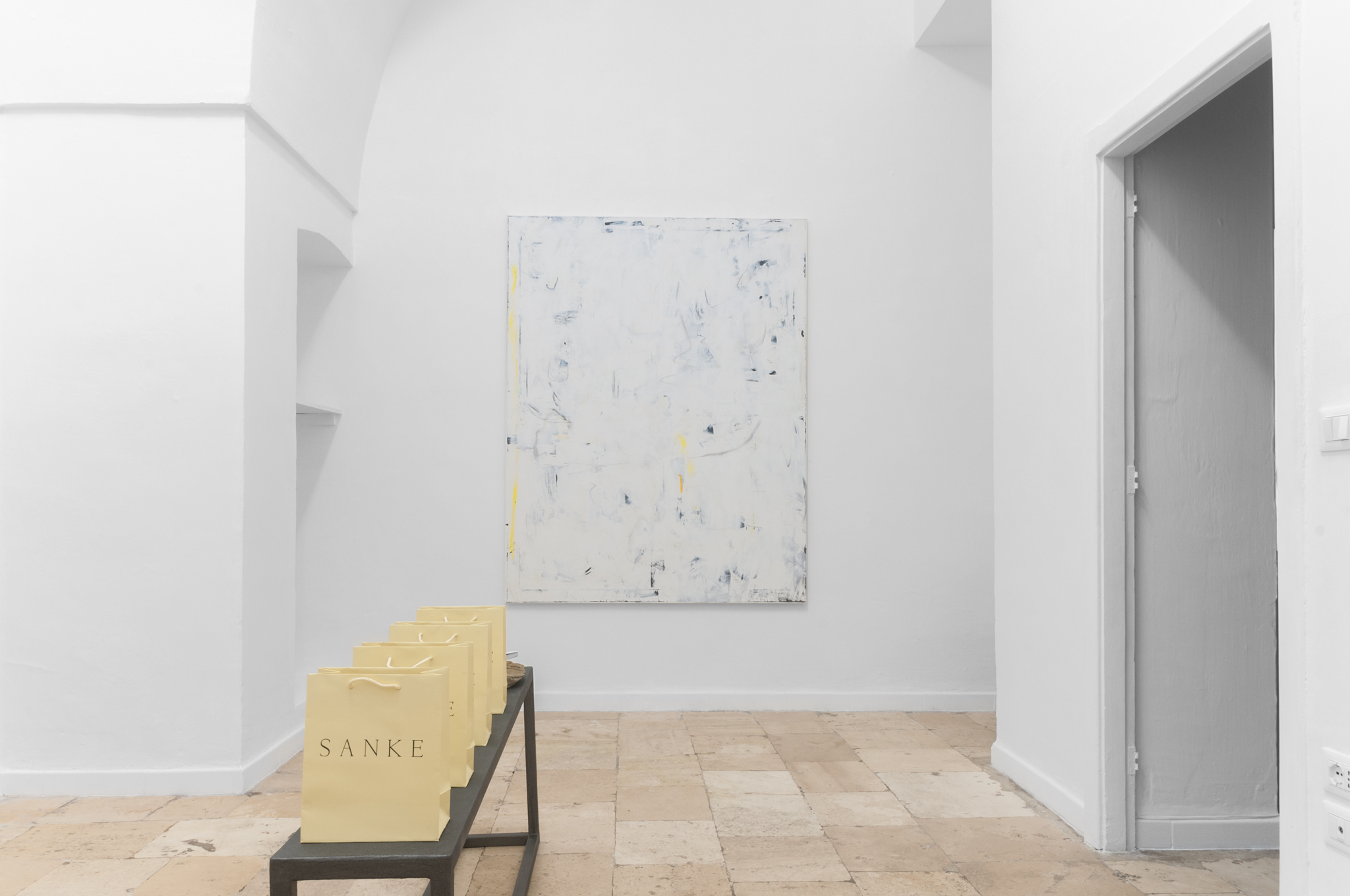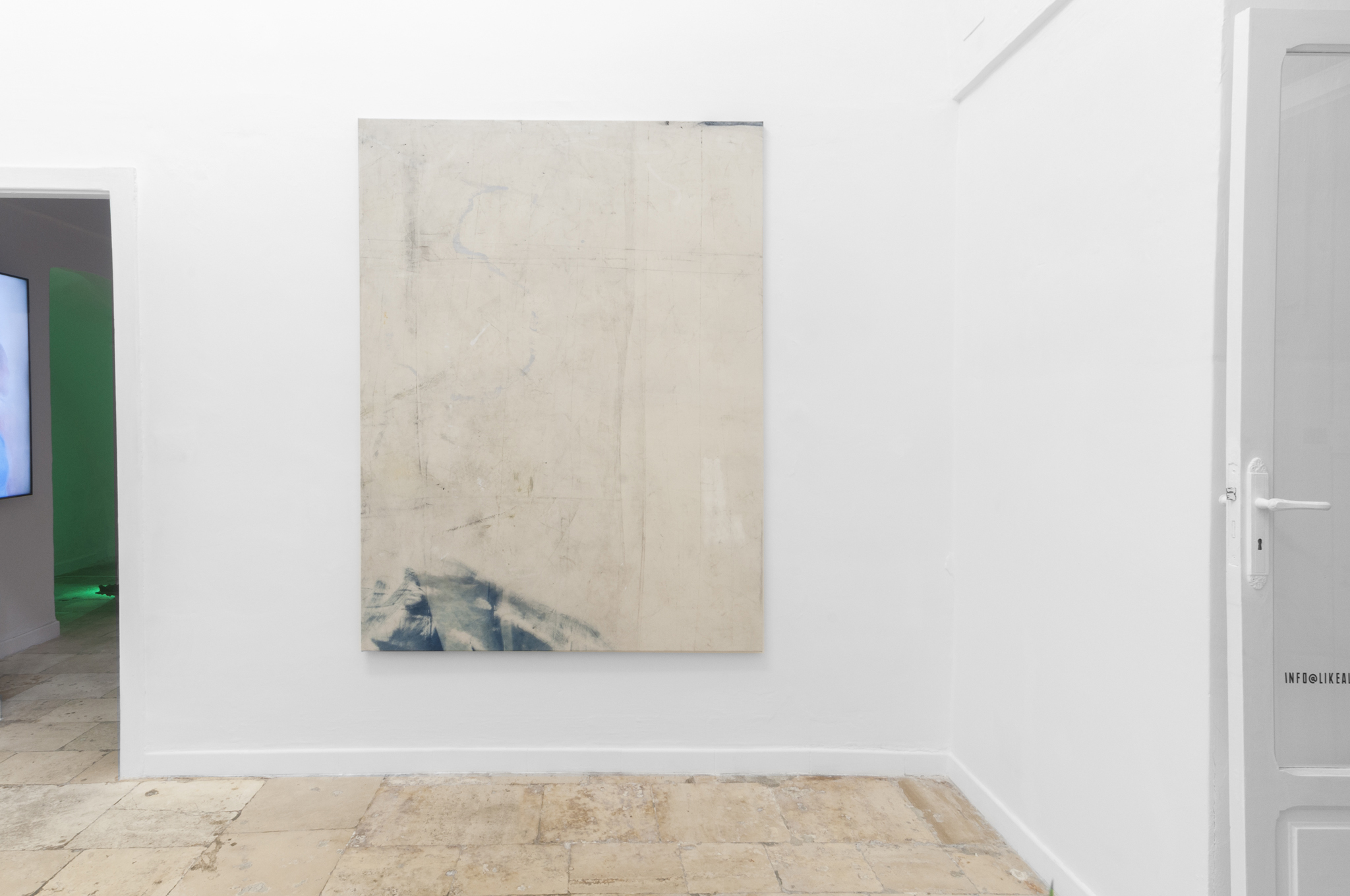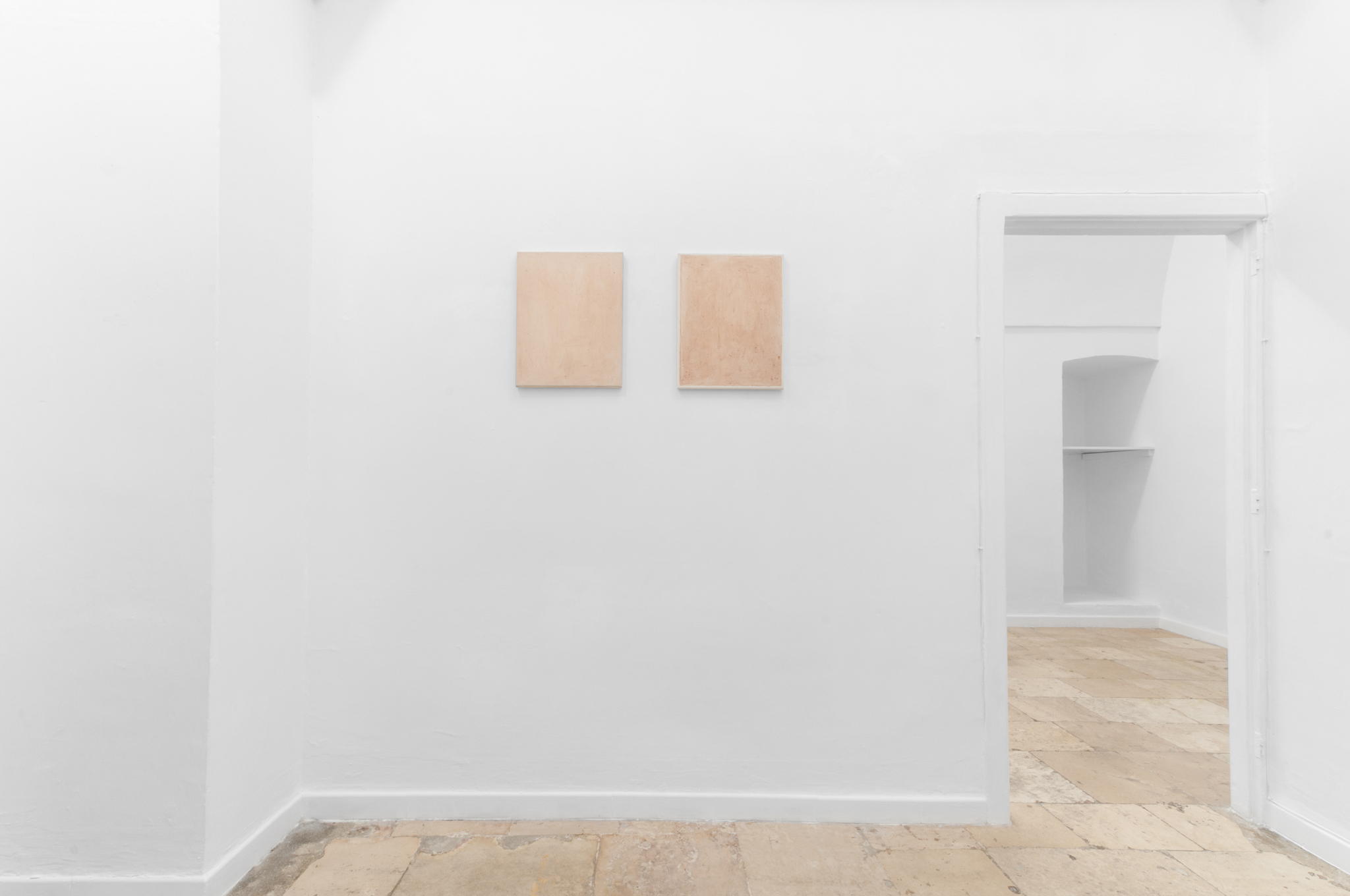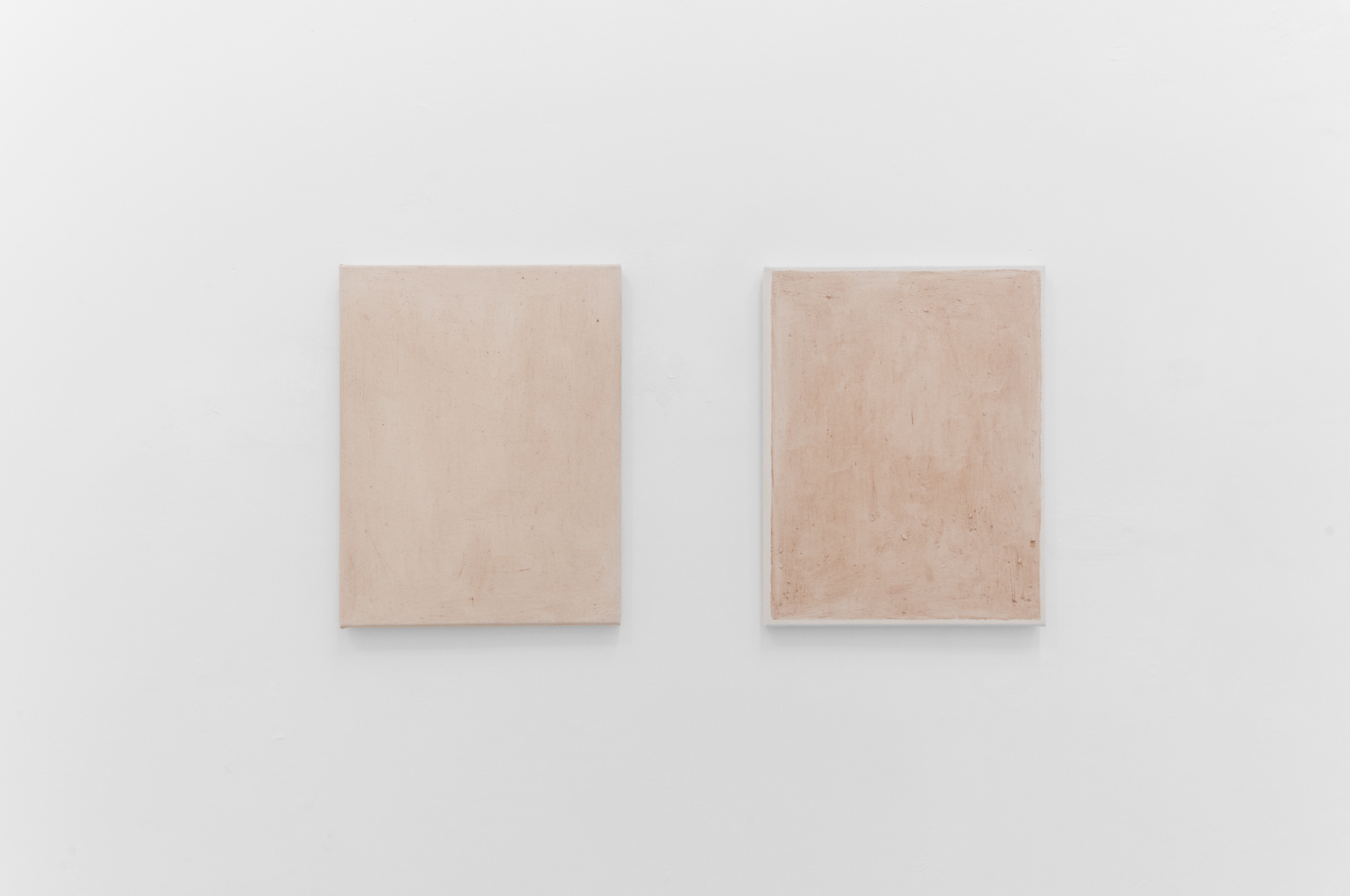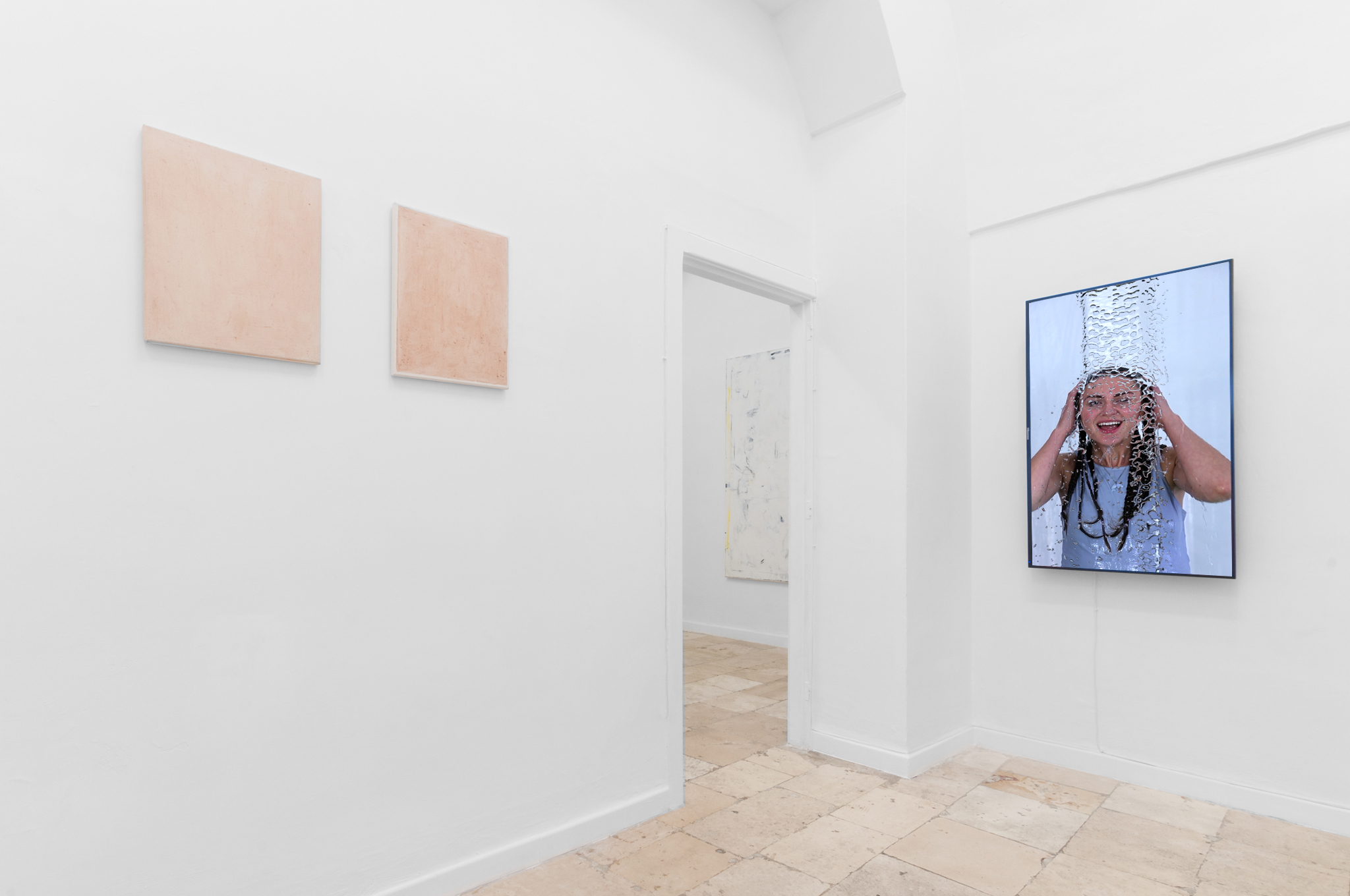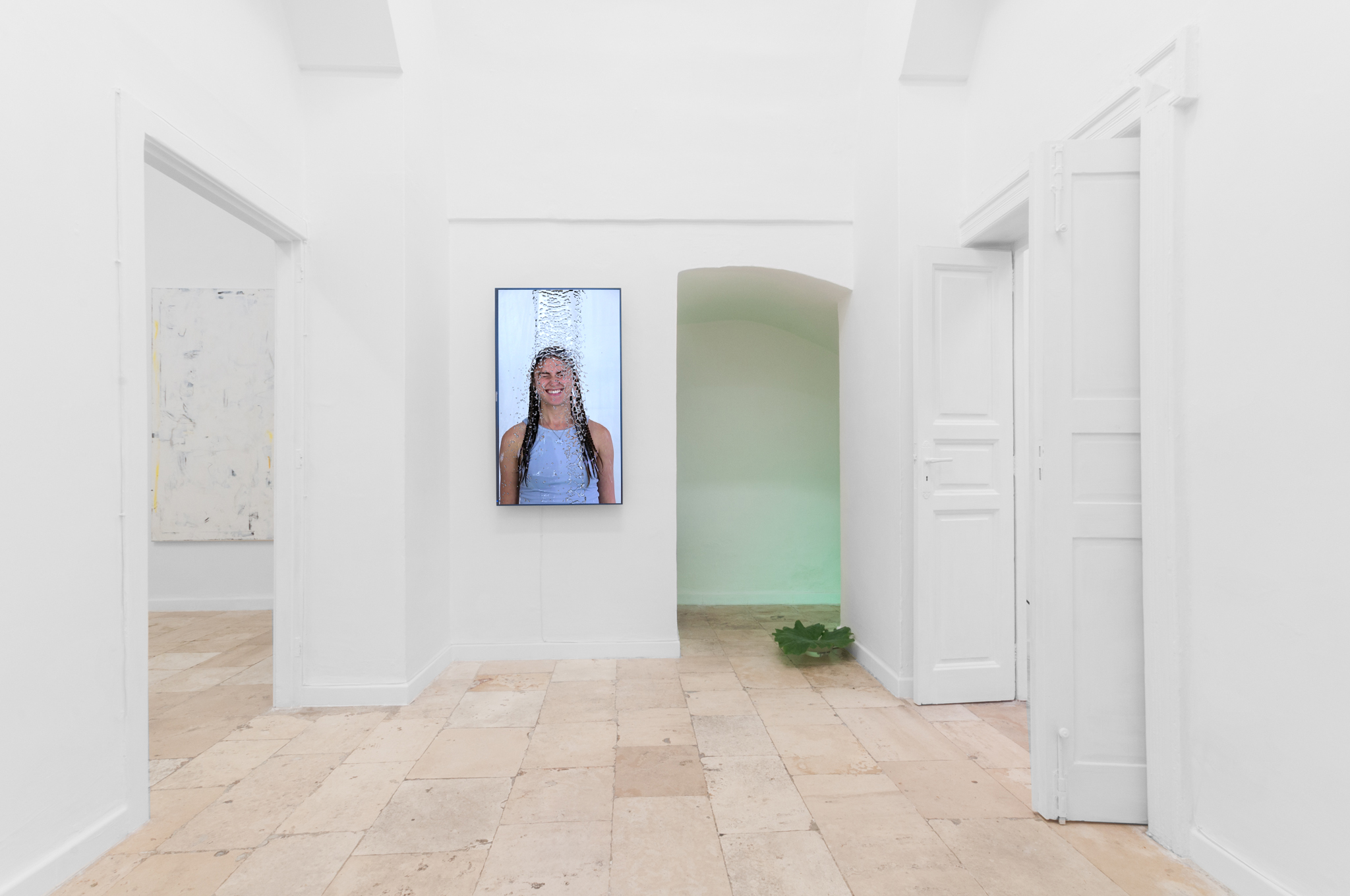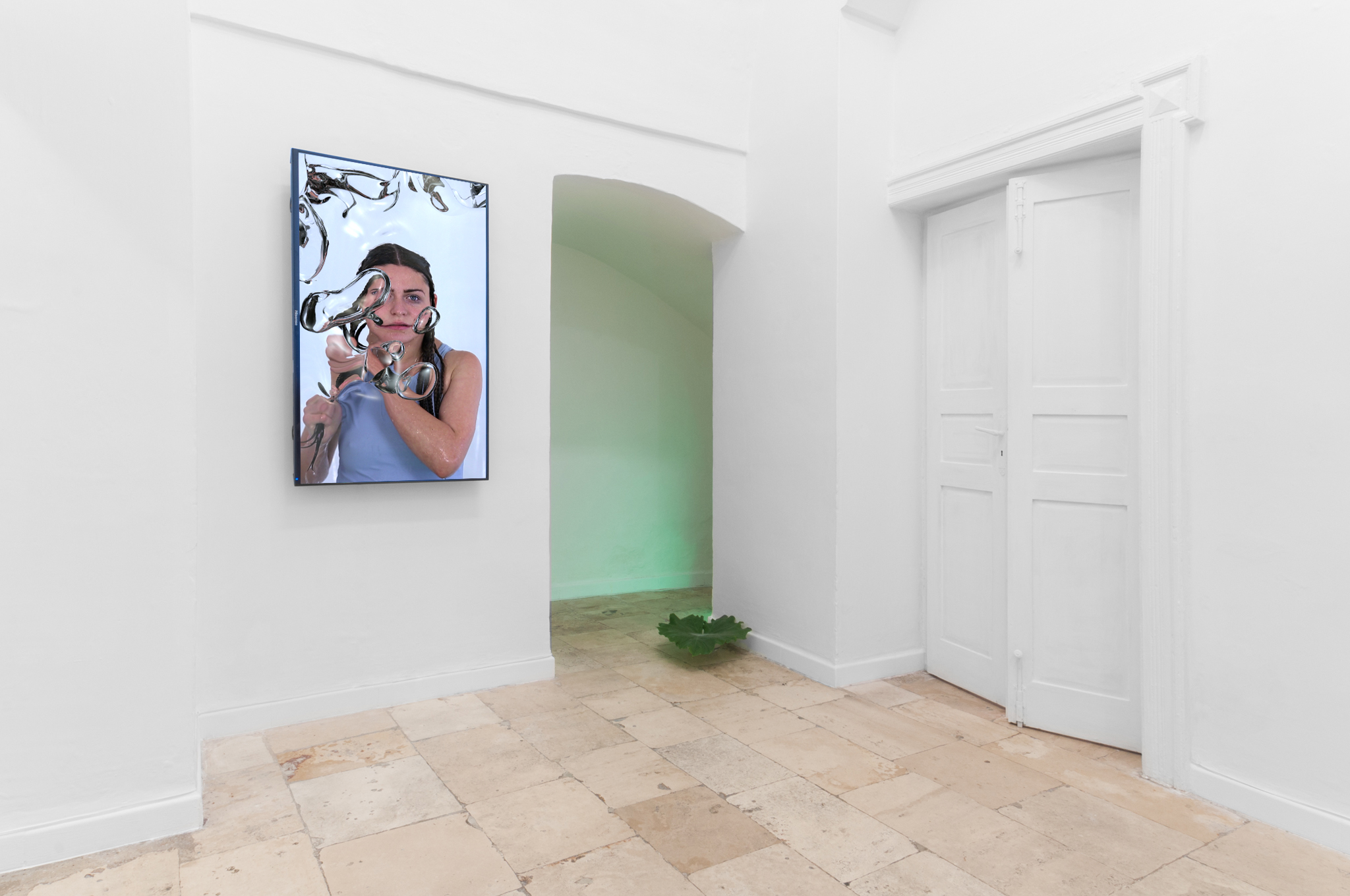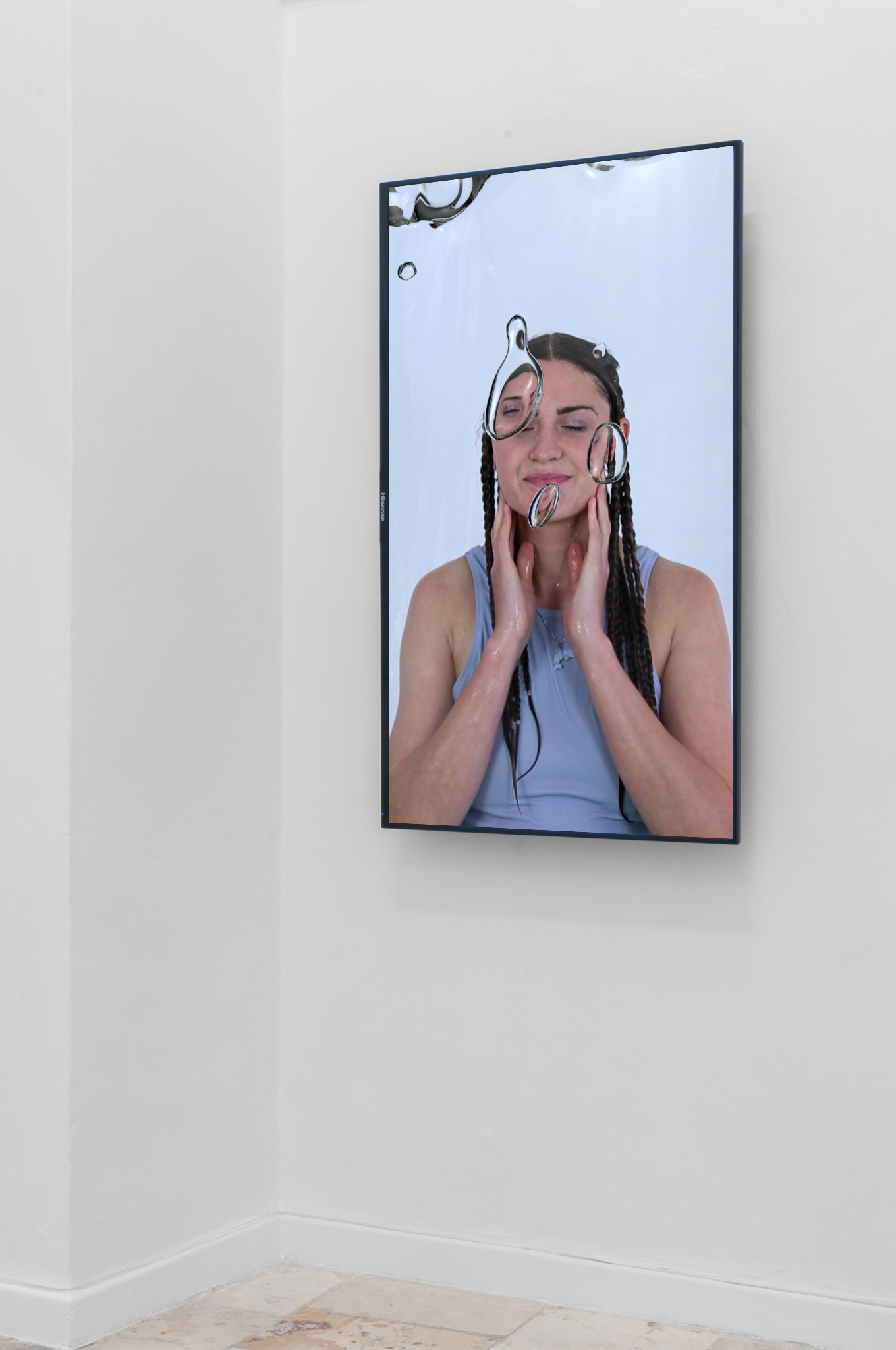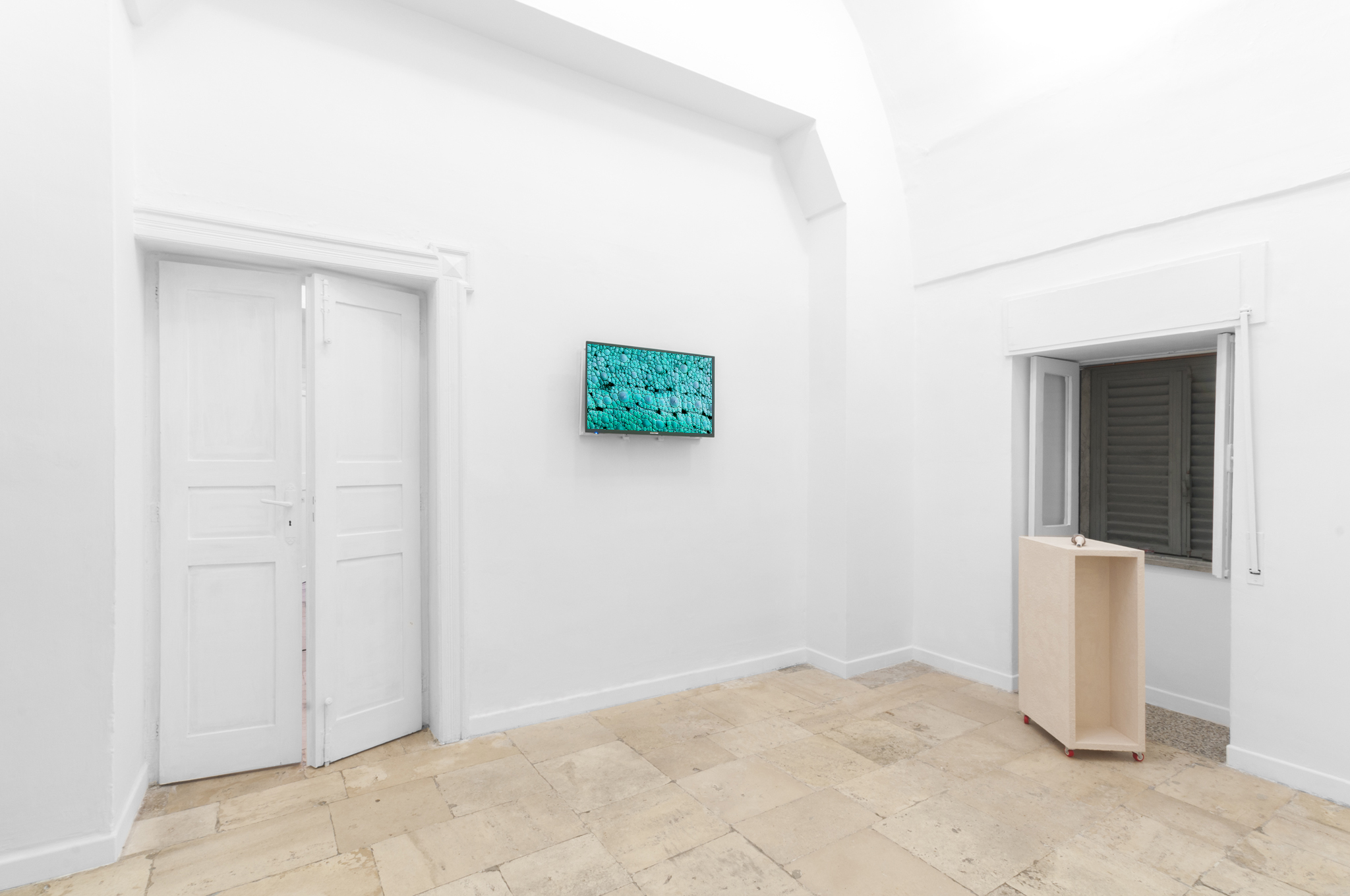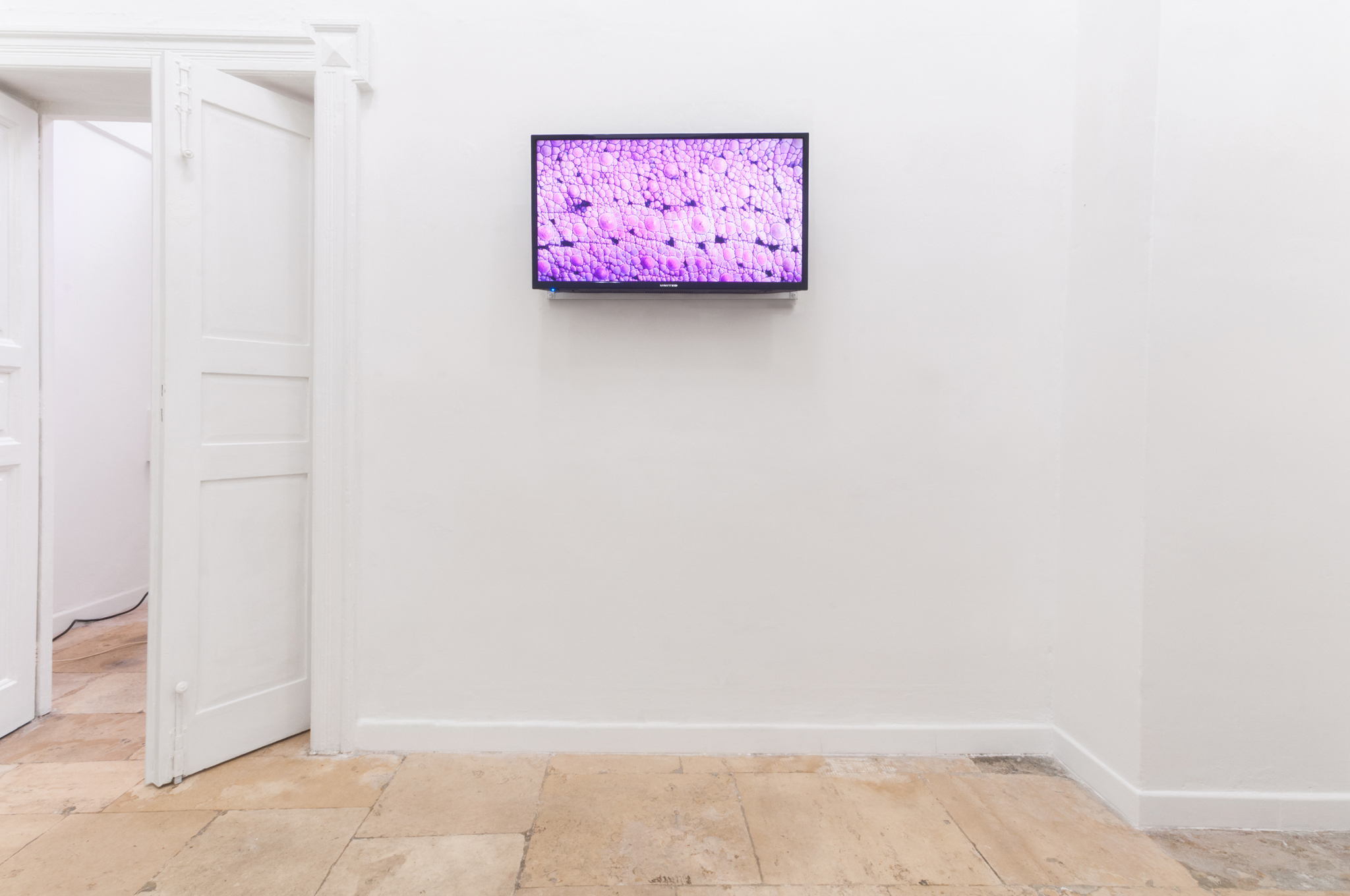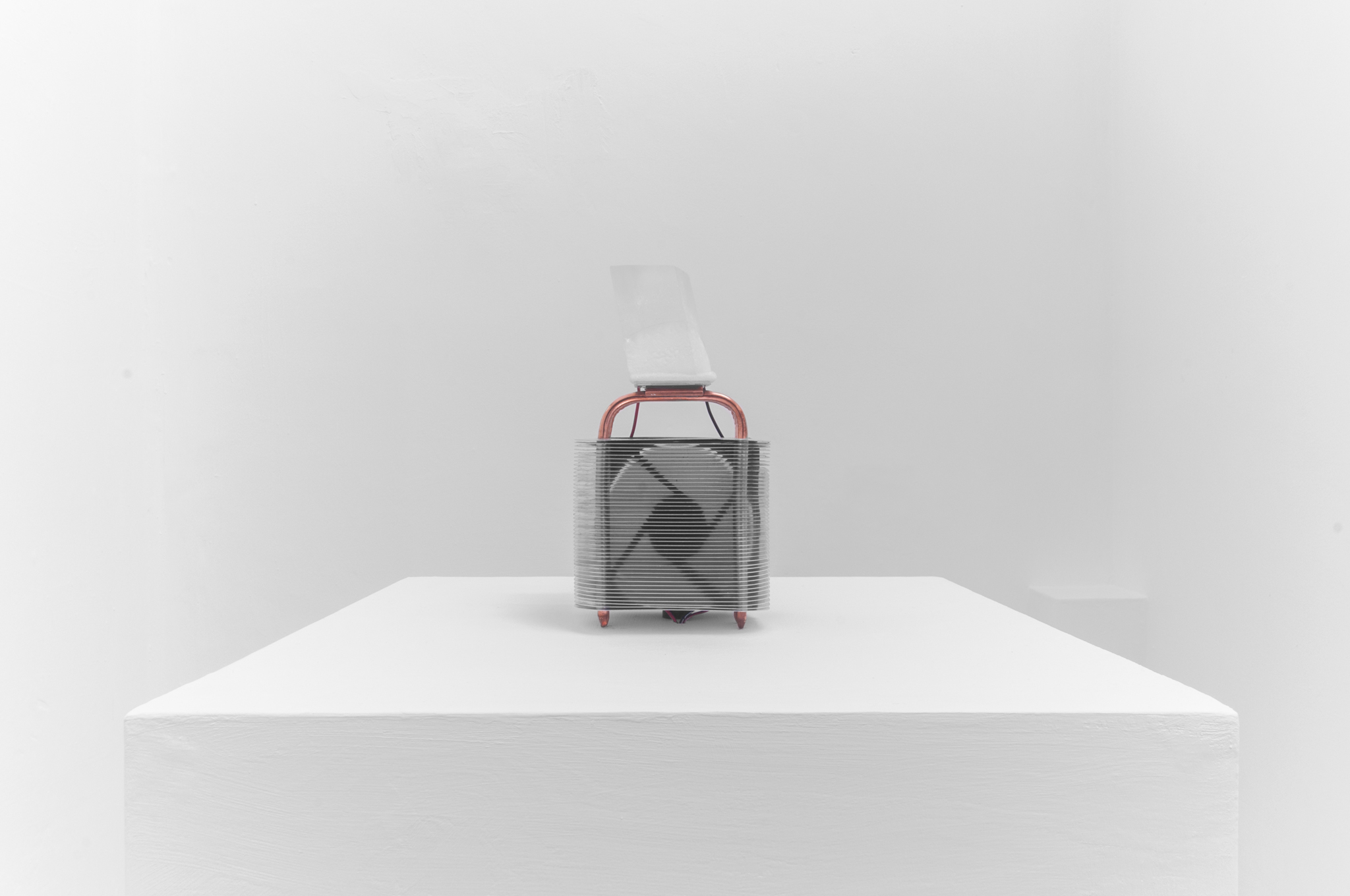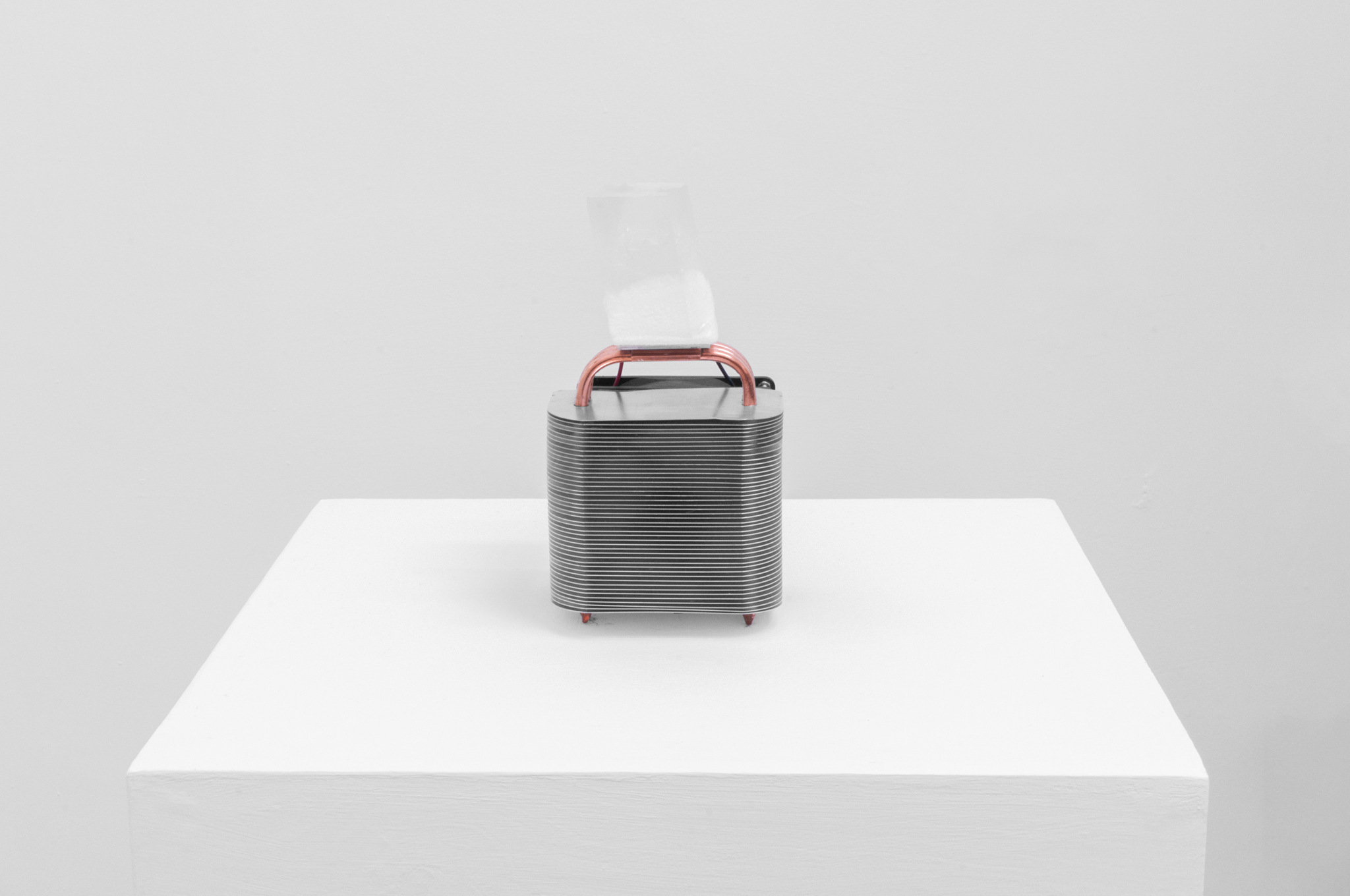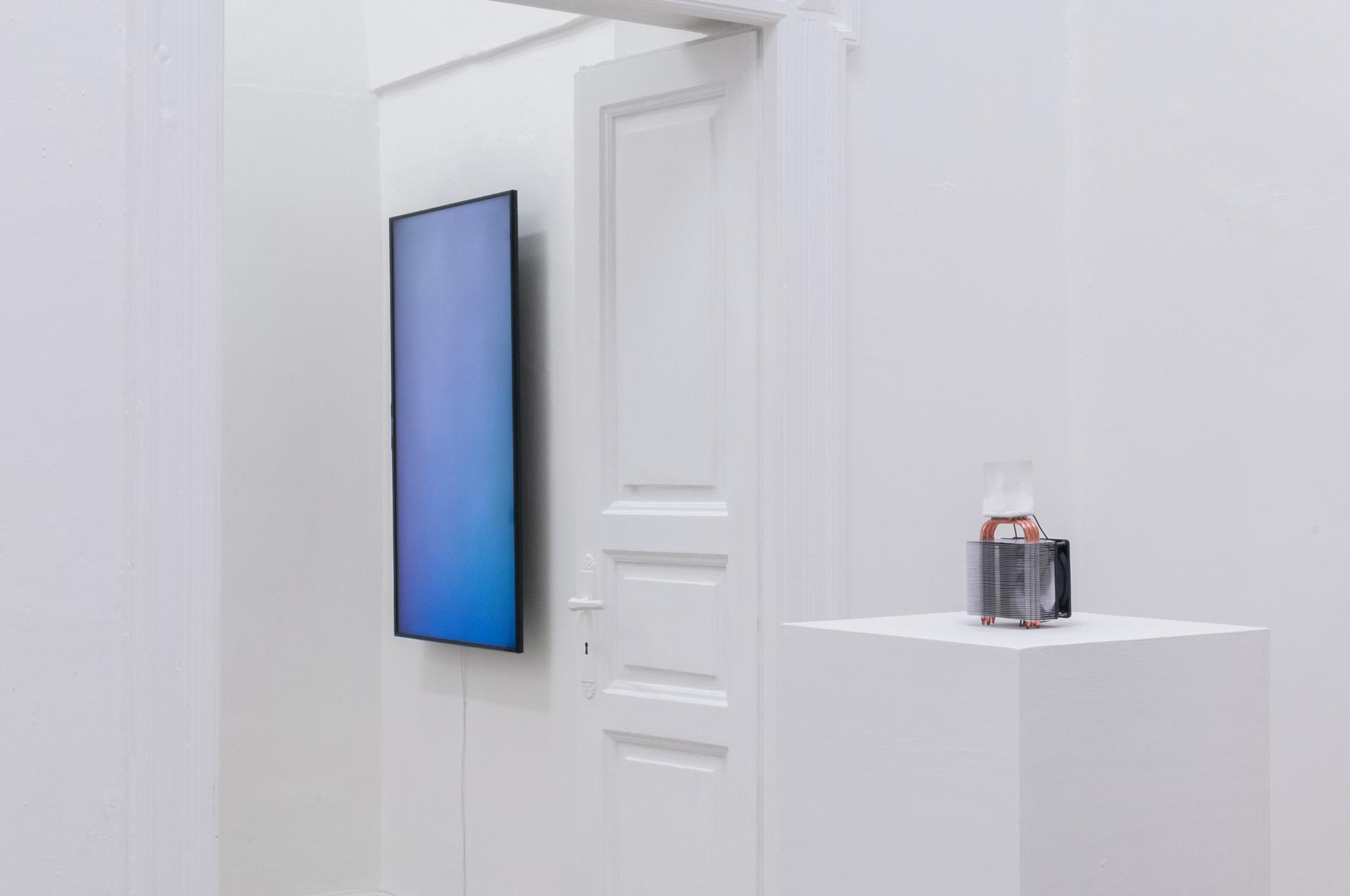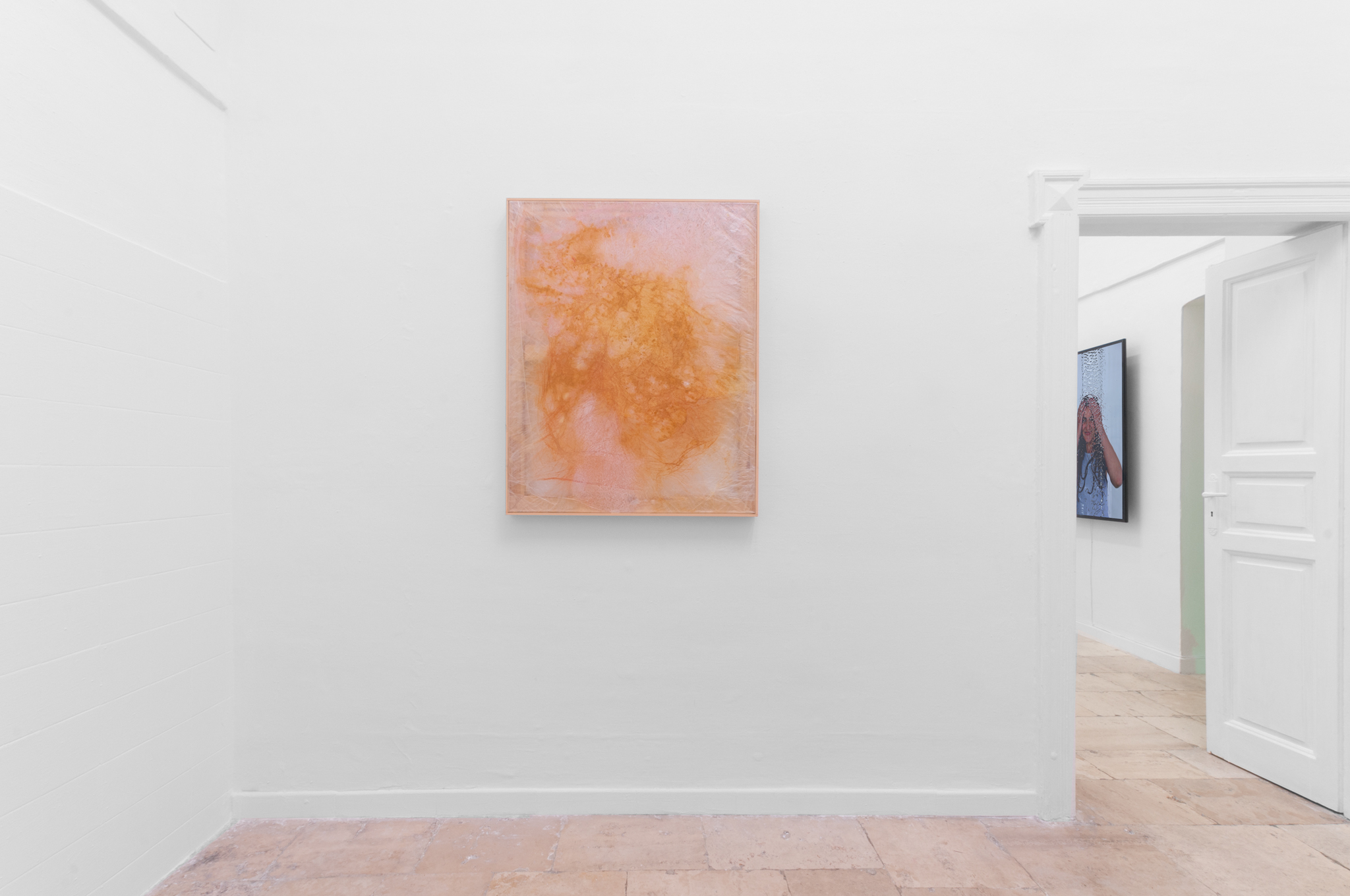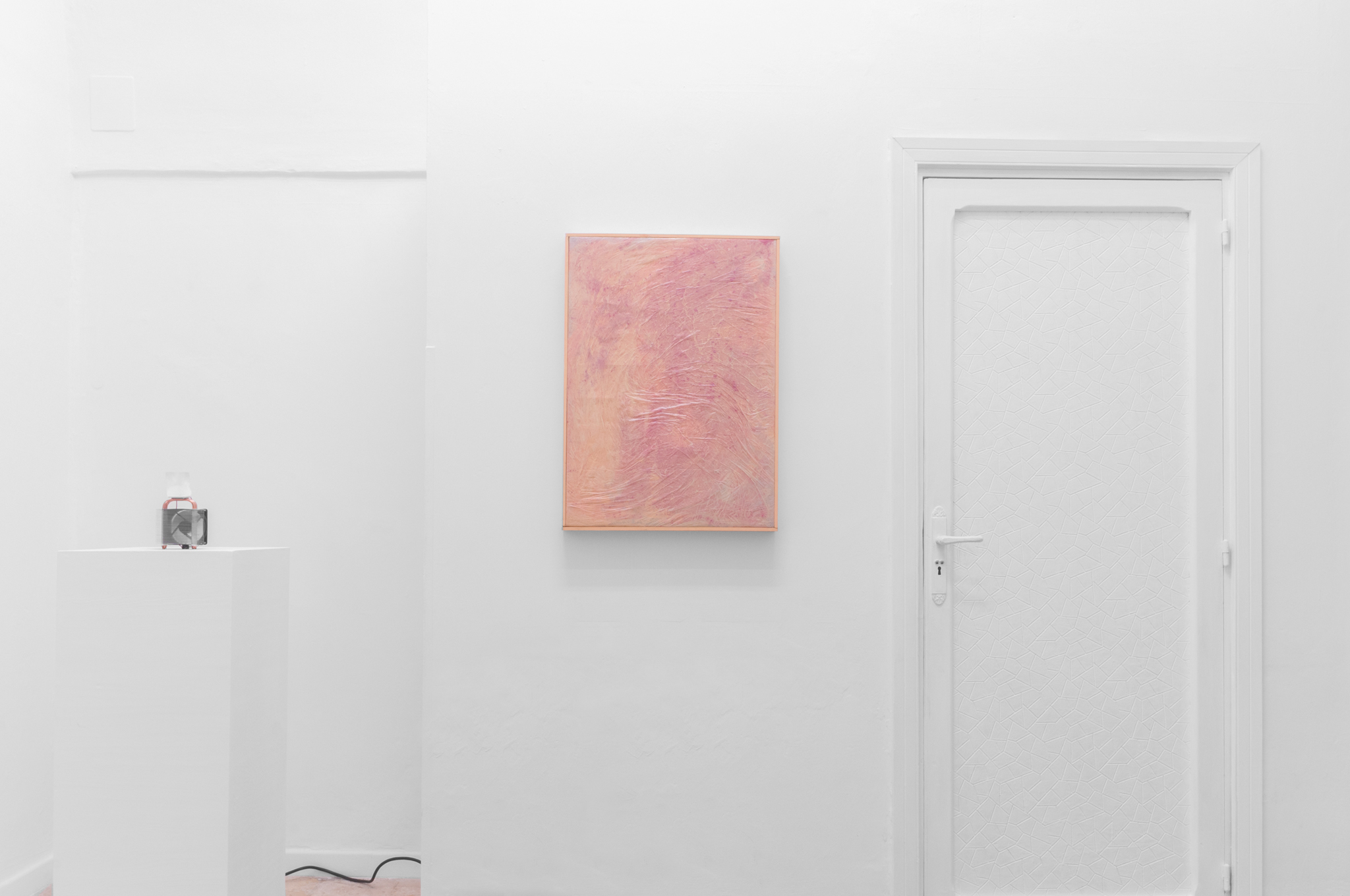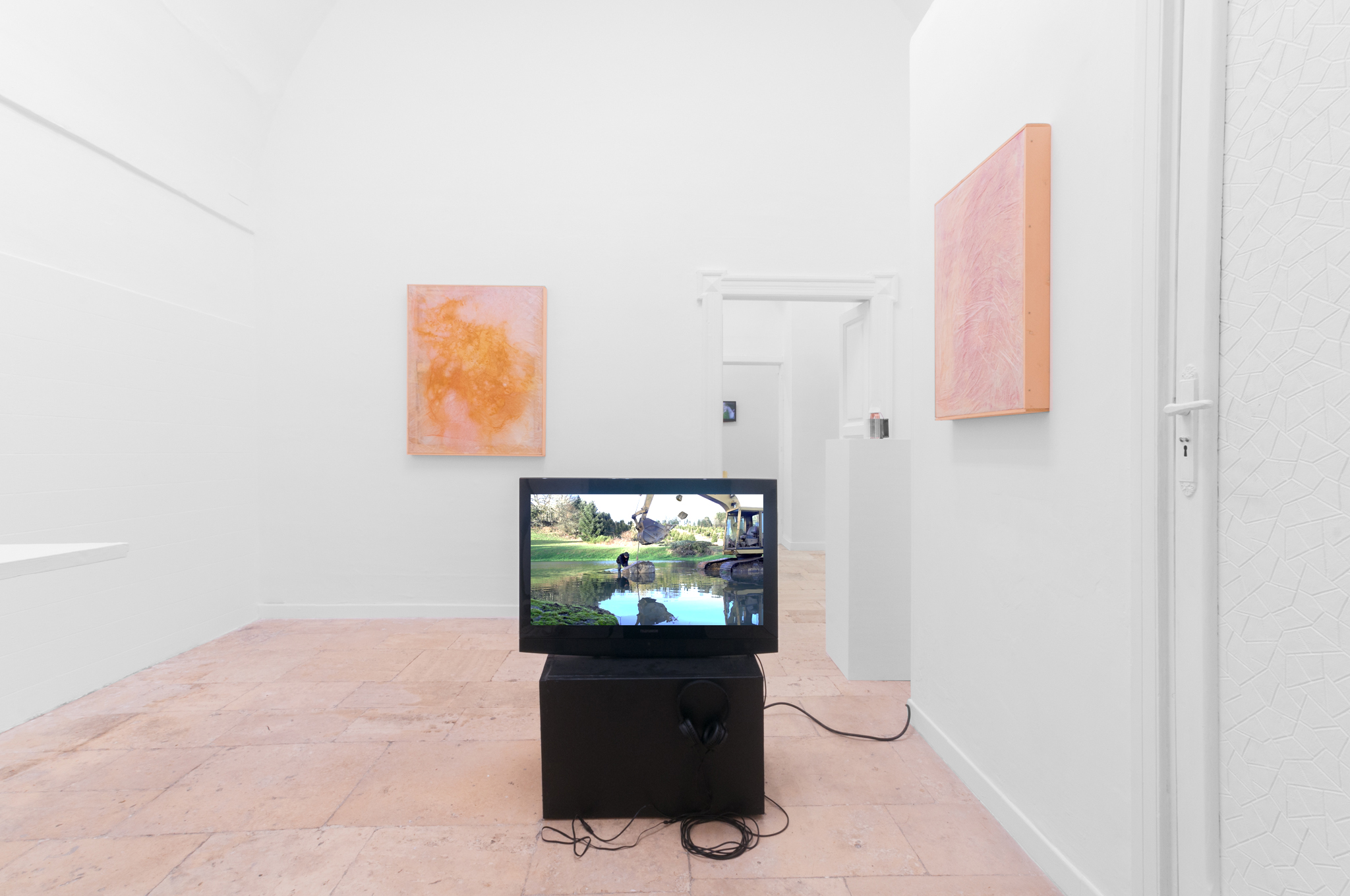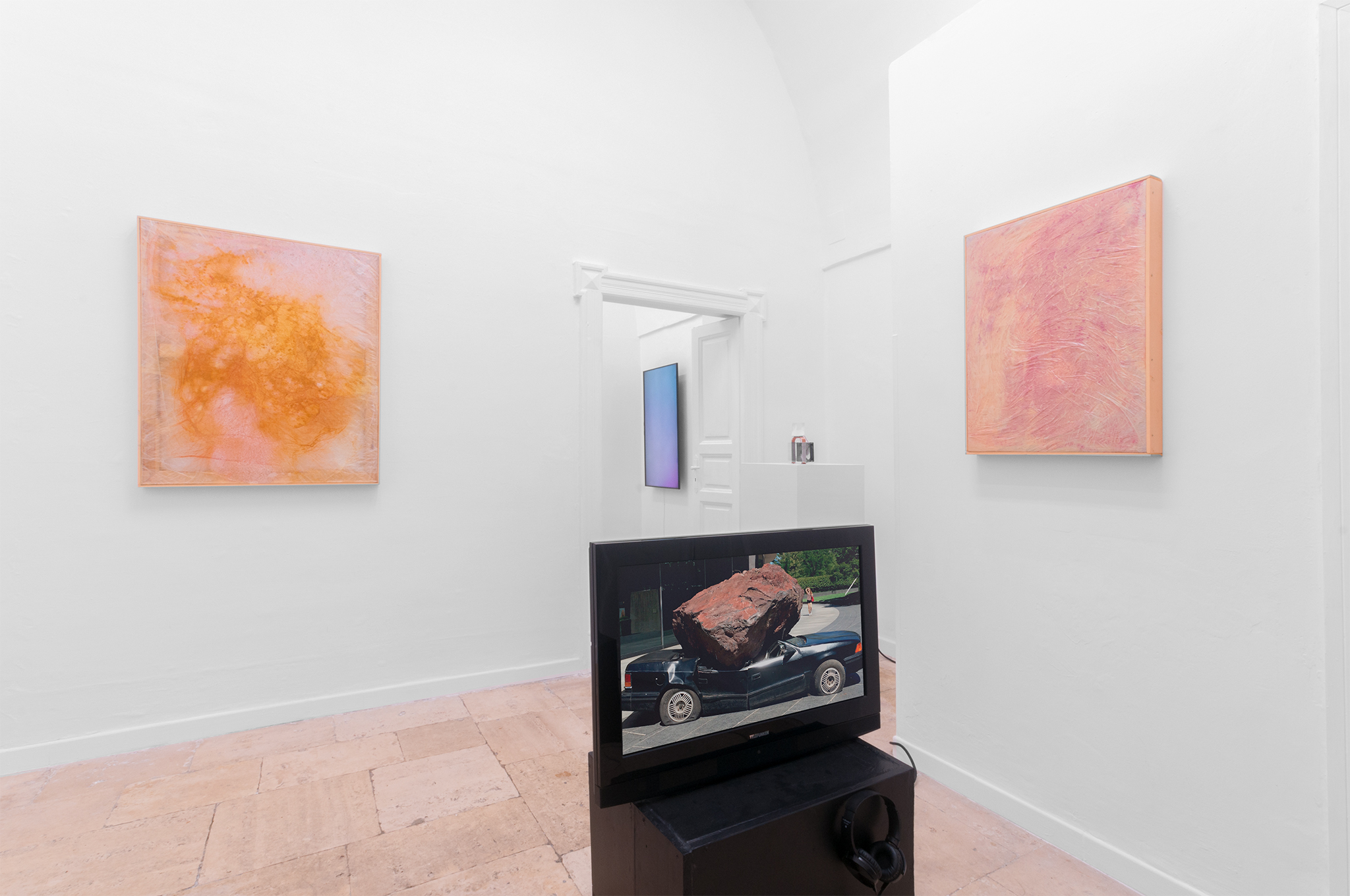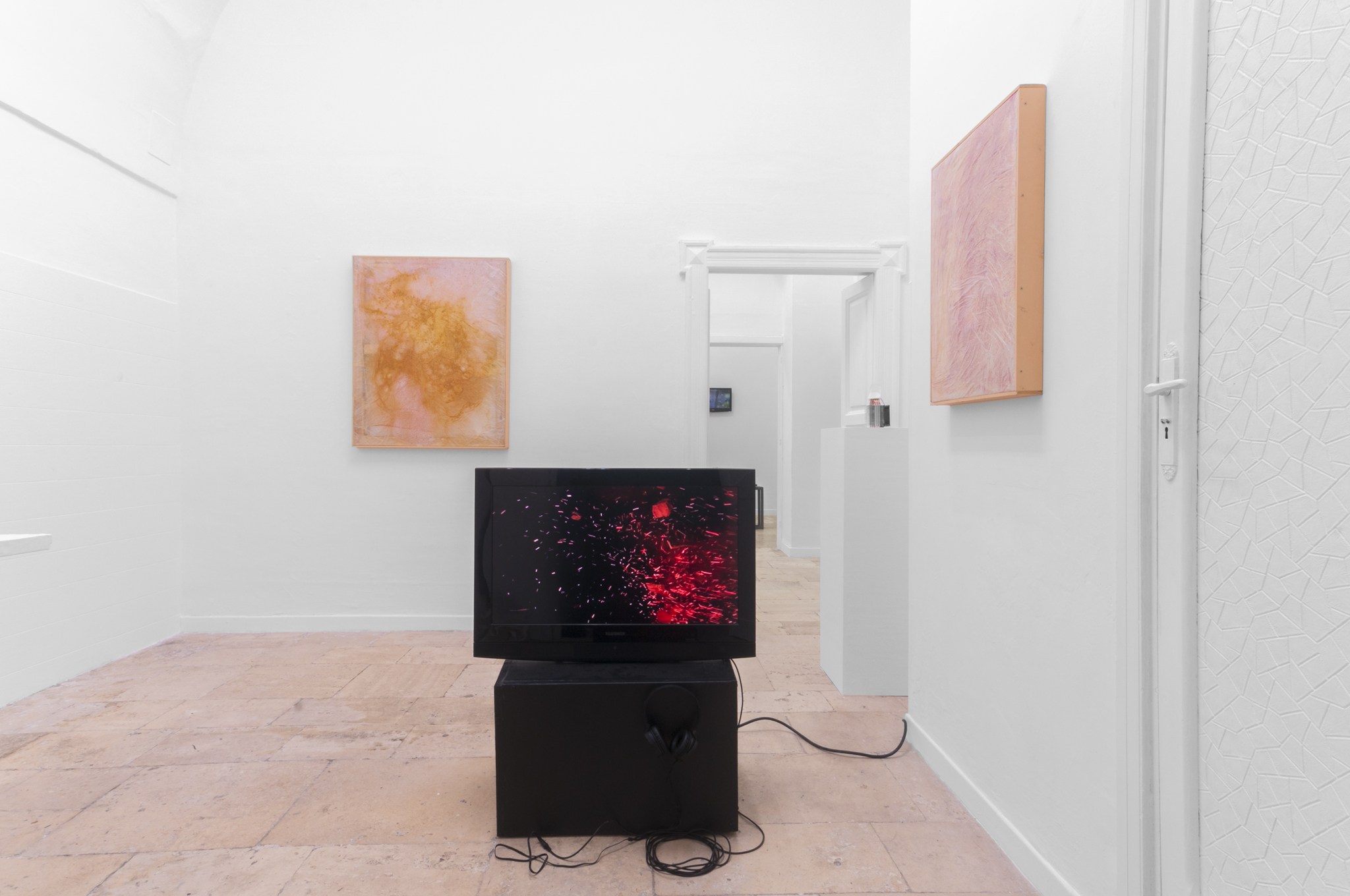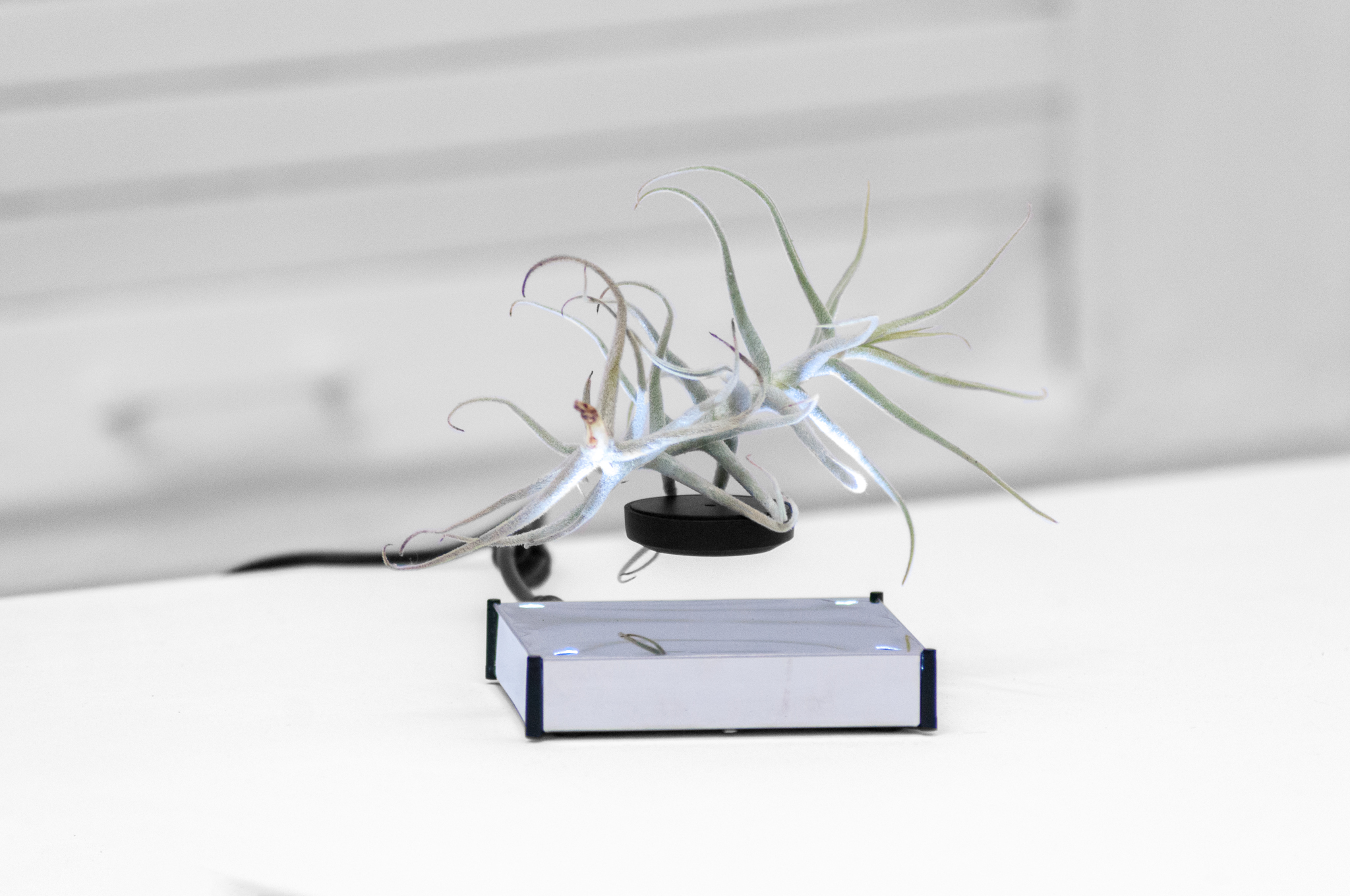So Natural!
Gioia Di Girolamo, Andreas Ervik, Adham Faramawy, Maria Gondek, Julie Grosche, Hannah Regel, David Stjernholm, Struan Teague
Curated by Like A Little Disaster
12 March / 18 April 2017, @Foothold, Polignano a Mare
photo credits: Ivan Divanto, Alfredo Maiullari, Like A Little Disaster
Contemporary thought is dominated by an unresolved contradiction: the one that opposes the concept of nature to that of culture, and therefore universalism to relativism. In fact, as Barthes observed, “to say that culture is opposed to nature is ambiguous, because we don’t know where their boundaries are”. A confusion caused by the inability to recognize the peculiar features of these two “paradoxical objects”, without contours, antithetical terms and residuals.
Yet the human being establishes a relationship with everything that is foreign to him: the mutual hybridization ratios between man, technology and the reference environment has often been ignored by an anthropocentric view that bases everything on the superiority of the thinking being as the only entity that reflects on itself and is aware of being in the world. However, there are different levels of self-awareness and of being, some of which do not belong exclusively to humankind. Creativity, care, communication skills, sense of belonging, orientation, love, territorial defense, nomadism, habits, sense of the community and hierarchy may be found in other mammals (and maybe plants too are endowed with some of the these attributes). The mnemonic properties of minerals such as water are well known, as are the complex, neurological, social and cultural values of the birdsong, or the seduction and imitation games at play among flowers and animals. By following this perspective, the traditional categories separating humans from all the rest make boundaries weaker: the relationship between human and non-human becomes fluid, walking through a circular system of reciprocity. Culture is presented as a zoological opportunity, which man has seized and exercised, but it pre-exists the man himself. In this respect, culture cannot be considered as an antithetical term compared to nature, but as an internal dimension independent from man, which therefore inexorably takes him back as part of nature, beyond any self-proclamation of anthropological exclusivity.
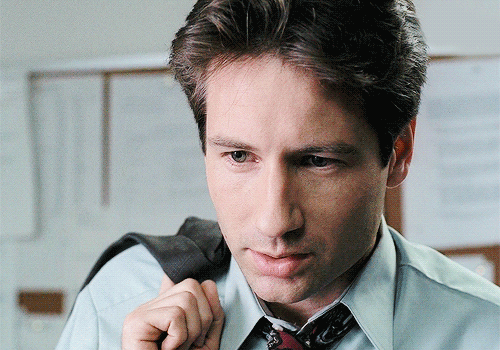
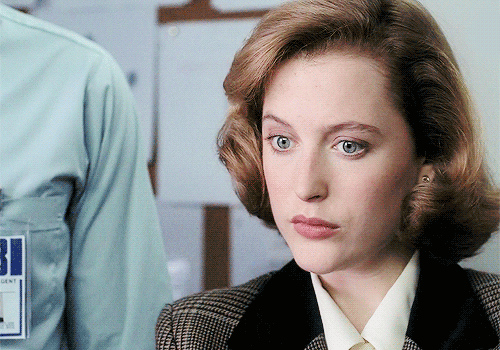
Nature and culture are theoretical objects. This does not mean that their contents and the effects they produce do not exist. What is means is that an earthquake or an art exhibition – which occur in this world and are “naturally” observable – are classified according to culturally-processed categories, which are themselves the results of intellectual choices, albeit unconscious or buried in a cultural past, in linguistic and conceptual traditions.
The instrumental reductionism finds fertile ground in the bio-capitalist slime in which we live: it is based on the notion of is based on a notion of “human exceptionalism”, ethnocentric and speciesist and, from here, to the erection of a system founded on the opposition between nature and culture, nature and history, human and machine, male and female, identity and alterity, night and day, body and mind, sense and sensibility. In this game of doubles, each component of the “cognitive couple” is always dominated by its other, repressed and submissive, half.
“So natural!”, on the other hand, hopes to highlight the divergence of the possible missing meanings, which cannot be explained by any dualistic logic: binary oppositions are considered as a starting point to remove and reaffirm both terms of the binarization within a symmetric relationship with the difference.
No opposition between sense of responsibility and idea of playing / sharing with others and self-awareness / public and private / imagination and economics / aesthetics and politics / ideology and production / science and poetry / algorithms and neural connections / genetic heritage and technological alteration / euphoria and dysphoria / instinct and rationality / mind and body / spirit and matter / reality and virtuality / true and false / organic and inorganic / life and death. “So natural” is an open ground for different practices and poetics, on which experiencing a possible dialectic of complexity, and in which a powerful imagination transforms life experience, personal and collective mythologies, symbols, signs, utopias and dystopias, wants and needs, in a way that takes unexpected or consistently defined forms, where inside and outside, up and down, swap places with each other. Within these formal and mental paths also there is criticism against internalized, acquired and well-established cognitive models; a critical action allowing to radically redefine the rules of any functional system, in order to use the same schemes in a different way, ignoring their original purpose. The works here are not the objectives of a production process, but means and tools to enhance the ability to imagine a space of multifaceted co-evolution, through which searching for the nature in the culture and vice versa, the contingent in the permanent, the identity in the difference, and in which testing new coalitions and alternative routes that may not always take us to faraway places, but may change our point of view, prompting us to consider other possibilities.
No opposition between sense of responsibility and idea of playing / sharing with others and self-awareness / public and private / imagination and economics / aesthetics and politics / ideology and production / science and poetry / algorithms and neural connections / genetic heritage and technological alteration / euphoria and dysphoria / instinct and rationality / mind and body / spirit and matter / reality and virtuality / true and false / organic and inorganic / life and death. “So natural” is an open ground for different practices and poetics, on which experiencing a possible dialectic of complexity, and in which a powerful imagination transforms life experience, personal and collective mythologies, symbols, signs, utopias and dystopias, wants and needs, in a way that takes unexpected or consistently defined forms, where inside and outside, up and down, swap places with each other. Within these formal and mental paths also there is criticism against internalized, acquired and well-established cognitive models; a critical action allowing to radically redefine the rules of any functional system, in order to use the same schemes in a different way, ignoring their original purpose. The works here are not the objectives of a production process, but means and tools to enhance the ability to imagine a space of multifaceted co-evolution, through which searching for the nature in the culture and vice versa, the contingent in the permanent, the identity in the difference, and in which testing new coalitions and alternative routes that may not always take us to faraway places, but may change our point of view, prompting us to consider other possibilities.


